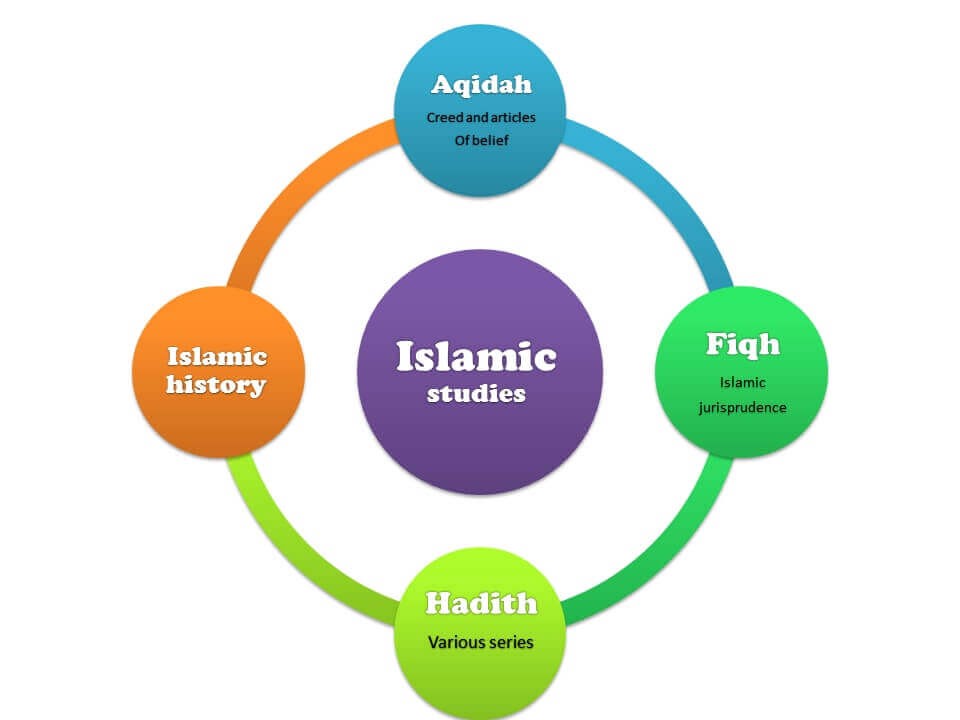
Exploring the Rich Landscape of Islamic Studies
Introduction:
Islamic Studies, a multidisciplinary field of academic inquiry, offers a profound exploration into the religion of Islam, its history, culture, philosophy, and impact on societies worldwide. This diverse field encompasses a wide range of subjects, allowing scholars to delve into the complex layers that define Islam as a comprehensive way of life. From theology and jurisprudence to literature and art, Islamic Studies provides a comprehensive framework for understanding the Islamic world.

Historical Context:
The roots of Islamic Studies can be traced back to the early days of Islam itself. The study of the Quran, the holy book of Islam, and the Hadith, the traditions and sayings of the Prophet Muhammad, laid the foundation for theological and legal debates that continue to shape the field. As Islam spread across the globe, scholars engaged in the study of various Islamic sciences, contributing to the development of fields like Islamic jurisprudence (Fiqh), theology (Kalam), and mysticism (Sufism).
Key Areas of Study:
1. Theology and Philosophy: Islamic theologians and philosophers have grappled with questions about the nature of God, free will, predestination, and the relationship between faith and reason. Prominent figures like Al-Ghazali and Ibn Sina have left enduring legacies in shaping Islamic philosophical thought.
2. Jurisprudence (Fiqh): Fiqh deals with the interpretation of Islamic law. Scholars analyze Quranic verses and Hadith to derive legal principles that guide Muslim conduct in various aspects of life, including rituals, morality, and governance.
3. History and Civilization: The history of the Islamic world is a tapestry woven with the contributions of various empires, scholars, and cultures. The study of Islamic history examines the rise and fall of caliphates, the spread of Islam along trade routes, and the preservation of knowledge during the Islamic Golden Age.
4. Literature and Arts: Islamic literature showcases a wide range of poetic and prose works, spanning from classical Arabic poetry to modern novels. Islamic art, characterized by intricate geometric patterns and calligraphy, reflects the reverence for the divine within artistic expressions.
5. Sufism: Sufism delves into the mystical dimensions of Islam, emphasizing a personal and direct connection with the divine. It explores the spiritual journey and inner awakening through practices like meditation, poetry, and music.
6. Contemporary Issues: Islamic Studies also grapples with contemporary challenges facing Muslim-majority societies, including issues related to gender, politics, globalization, and religious pluralism.

Importance and Relevance:
Studying Islamic Studies is crucial for fostering cross-cultural understanding and dispelling misconceptions about Islam and Muslims. It helps individuals comprehend the complexities of a diverse religious tradition and its profound impact on societies worldwide. Moreover, Islamic Studies equips scholars with tools to engage with current global issues, promoting peaceful coexistence and dialogue among different faiths and cultures.
Conclusion:
Islamic Studies offers a fascinating journey into the heart of Islam, encompassing theology, history, philosophy, arts, and more. By delving into its multifaceted subjects, scholars and students alike gain a deeper appreciation for the rich tapestry of Islamic civilization and its continued relevance in today's world. Through diligent study, we can foster a more inclusive global society that respects the contributions of diverse cultures and traditions.

Follow Muhammad Zayed Arshad to stay updated on their latest posts!
0 comments
Be the first to comment!
This post is waiting for your feedback.
Share your thoughts and join the conversation.
